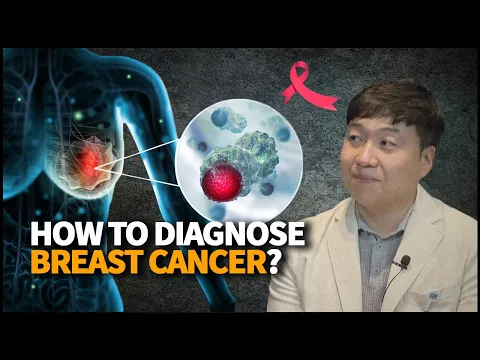If you are a fan of Hollywood movies, it is likely you know of Angelina Jolie and her difficult decision to undergo surgery a preventive measure against breast cancer. She found though detailed genetic testing that she is at risk of developing breast cancer and made the very difficult decision to undergo surgery as a means to prevent the potential occurrence of cancer. While it must have been a very personal decision, she made it public and thanks to her many are now aware of the issues surrounding breast cancer and the numerous ways the medical sector deals with it. Due to her superstar status and her willingness to go public, many women around the world are partaking an active interest in learning more about the specific cancer and ways to deal with it. As is with other ailments and health problems, knowing in advance gives people more choices.
As for the precise definition, according to the Mayo Clinic, breast cancer is cancer that forms in the cells of the breasts. After skin cancer, breast cancer is the most common cancer diagnosed in women in many parts of the world. While, breast cancer can occur in both men and women, it is much more common in women.
Major efforts for breast cancer awareness and research funding has helped create advances in the diagnosis and treatment of breast cancer today. Breast cancer survival rates have increased, and the survival rates associated with this disease is steadily improving, thanks to such efforts as early detection, detailed genetics tests and a generally better understanding of the disease and its containment.
Some symptoms of breast cancer may include:
- A lump or thickening that feels different from the surrounding tissues of the breast
- Change in the size, shape, or appearance of a breast
- Changes to the skin over the breast, such as dimples
- A newly inverted nipple
- Peeling, scaling, crusting, or flaking of the pigmented area of skin surrounding the nipple (areola) or breast skin
- Redness or pitting of the skin over your breast, like the skin of an orange.
People who think they are high risk of breast cancer may consider genetic testing to further validate such assumptions. Also, while people who have a family history of breast cancer may think they should get tested, not everyone with breast cancer in their family should feel the necessity to get this test. Genetic testing is generally recommended for those with:
- Family history of breast cancer at age 45 or younger
- Family member with ovarian cancer
- Personal or family history of both breast and ovarian cancer on the same side of the family
- Personal or family history of male breast cancer
- Ashkenazi (Jewish) heritage combined with a family history of breast or ovarian cancer
- Family history of bilateral breast cancer
Genetic tests are done to see if a person has one of two gene mutations. They are called BRCA1 and BRCA2 gene mutations. These mutations are rare in the general population and only occur in between 1 in 400 to 1 in 800 people. Some groups, however, such as Ashkenazi Jews, have a much higher chance of having one of these mutations; the risk in this group is one in 40, thus it is reasonable to be more cautious if this is your background.
A genetic test is usually done first on a person who has been diagnosed with breast cancer combined with a personal or family history that suggests the presence of one of these mutations. If that person is found to have one of these mutations, then other close family members may also decide to get tested. Deciding to get a genetic test is personal and can be an emotionally and sometimes financially difficult decision. Also, seeing the big picture, only about 5 to 10 percent of female breast cancer cases are due to gene mutations. Thus, most occurrences of breast cancer are not a result of gene mutations. So, it is important to discuss with a doctor you trust and discuss this very difficult decision thoroughly prior to deciding to go ahead with a genetic testing process.
If you enjoyed reading this article and wish to learn more about various healthcare options around the world, please visit www.icloudhospital.com. CloudHospital is the global healthcare nexus on the web, easily accessible 24/7 and staffed with highly experienced professionals in the field of medical services access across the world.
